
Creating landscapes of investigation is a primary concern of critical mathematics education. It enables us to organise educational processes so that students and teachers are able to get involved in explorations guided by dialogical interactions. It attempts to address explicit or implicit forms of social injustice by means of mathematics, and also...
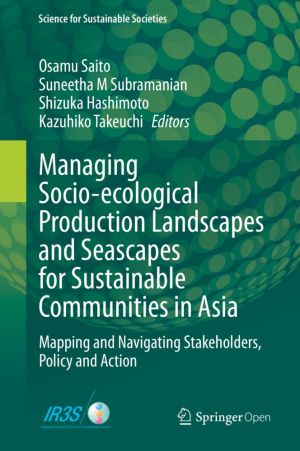
This free book presents up-to-date analyses of community-based approaches to sustainable resource management of SEPLS (socio-ecological production landscapes and seascapes) in areas where a harmonious relationship between the natural environment and the people who inhabit it is essential to ensure community and environmental well-being as well as t...
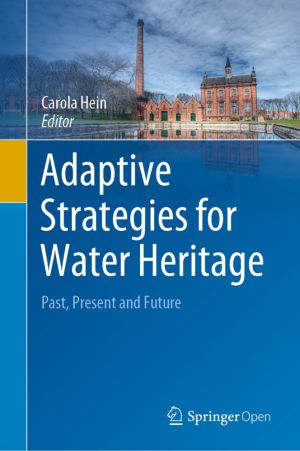
This book, building on research initiated by scholars from the Leiden-Delft-Erasmus Centre for Global Heritage and Development (CHGD) and ICOMOS Netherlands, presents multidisciplinary research that connects water to heritage. Through twenty-one chapters it explores landscapes, cities, engineering structures and buildings from around the world. It ...
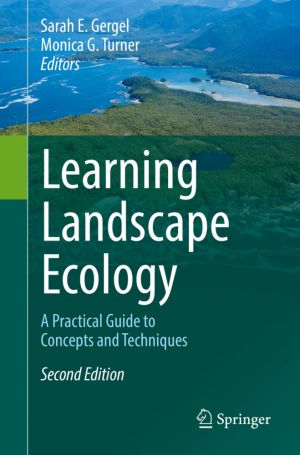
This title meets a great demand for training in spatial analysis tools accessible to a wide audience. Landscape ecology continues to grow as an exciting discipline with much to offer for solving pressing and emerging problems in environmental science. Much of the strength of landscape ecology lies in its ability to address challenges over large are...
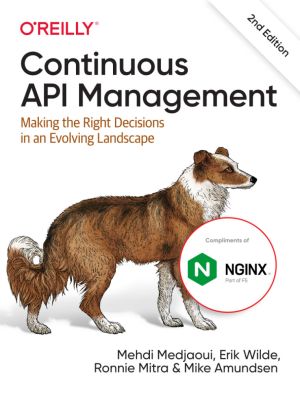
A lot of work is required to release an API, but the effort doesn't always pay off. Overplanning before an API matures is a wasted investment, while underplanning can lead to disaster. The second edition of this book provides maturity models for individual APIs and multi-API landscapes to help you invest the right human and company resources f...
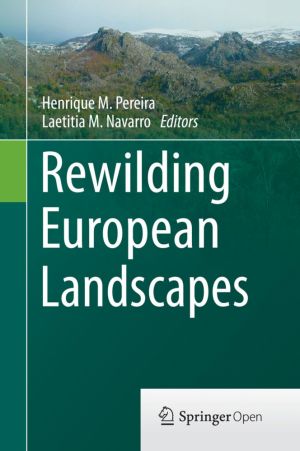
Some European lands have been progressively alleviated of human pressures, particularly traditional agriculture in remote areas. This book proposes that this land abandonment can be seen as an opportunity to restore natural ecosystems via rewilding. We define rewilding as the passive management of ecological successions having in mind the long-term...

This book explores the complex relationship between schooling as a set of practices embedded in educational institutions and their specific spatial dimensions from different disciplinary perspectives. It presents innovative empirical and conceptual research by international scholars from the fields of social geography, pedagogy, educational and soc...
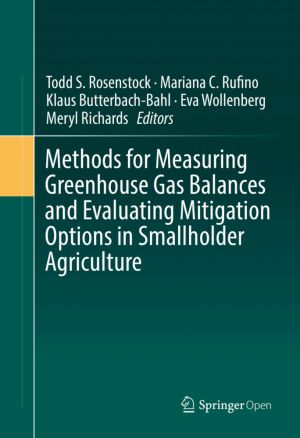
This book provides standards and guidelines for
quantifying greenhouse gas emissions and removals in smallholder agricultural systems
and comparing options for climate change mitigation based on emission
reductions and livelihood trade-offs. Globally, agriculture is directly
responsible for about 11% of annual greenhouse gas (GHG) emissions a...
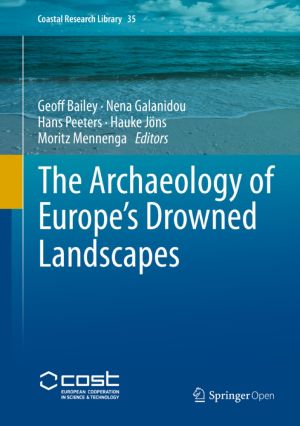
This open access volume provides for the first time a comprehensive description and scientific evaluation of underwater archaeological finds referring to human occupation of the continental shelf around the coastlines of Europe and the Mediterranean when sea levels were lower than present. These are the largest body of underwater finds worldwide, a...

Are you organising an international heritage project? Turning a so-called 'heritage revival' into a meaningful experience for the general public can be a challenge to historians, archaeologists, museum conservators and tourism professionals alike. This Companion to European Heritage Revivals offers inspiration and new ideas to those who w...

We are not free from environmental risks that accompany the development of human societies. Modern economic development has accelerated environmental pollution, caused loss of natural habitats, and modified landscapes. These environmental changes have impacted natural systems: water and heat circulation, nutrient cycling, and biodiversity. These ch...

This book presents the most current research results and knowledge from five multidisciplinary themes: Vulnerability of Arctic Environments, Vulnerability of Arctic Societies, Local and Traditional Knowledge, Building Long-term Human Capacity, New Markets for the Arctic, including tourism and safety. The themes are those discussed at the first ever...
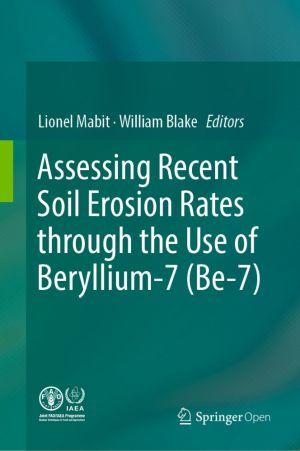
This book is the first comprehensive guideline for the beryllium-7 (Be-7) technique that can be applied to evaluate short-term patterns and budgets of soil redistribution in agricultural landscapes. While covering the fundamental and basic concepts of the approach, this book distinguishes itself from other publications by offering step-by-step inst...
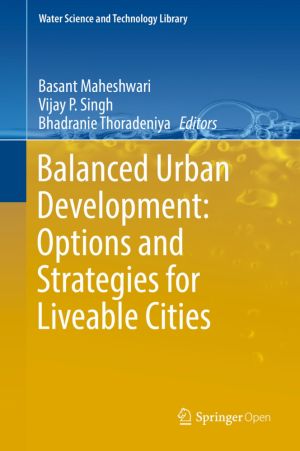
This book provides a unique synthesis of concepts and tools to examine natural resource, socio-economic, legal, policy and institutional issues that are important for managing urban growth into the future. The book will particularly help the reader to understand the current issues and challenges and develop strategies and practices to cope with fut...
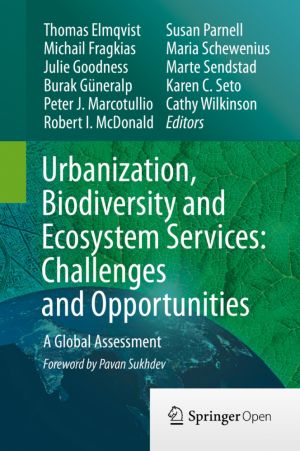
To understand how the world's ecosystems are changing we need to understand cities, and to create better cities we need to understand the ecosystems they depend on. The failure of most markets, government policies and even urban studies to take these relations into account has put cities, and increasingly the whole world, in a difficult positi...

This open access book examines the educational conditions that support cultures of exploration in kindergartens. It conceptualises cultures of exploration, whether those cultures are created through children's own engagement or are demanded of them through undertaking specific tasks within different institutional settings. It shows how the con...

This open access book explores the histories and geographies of fishing in North Korea and the surrounding nations. With the ideological and environmental history of North Korea in mind, the book examines the complex interactions between local communities, fish themselves, wider ecosystems and the politics of Pyongyang through the lens of critical ...

Evolutionary Research in Archaeology seeks to provide a comprehensive overview of contemporary evolutionary research in archaeology. The book will provide a single source for introduction and overview of basic and advanced evolutionary concepts and research programs in archaeology. Content will be organized around four areas of critical research in...
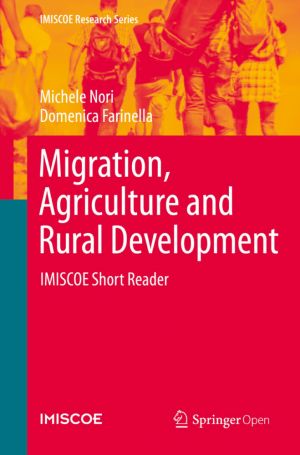
This open access short reader looks into the dynamics which have reshaped rural development and human landscapes in European agriculture and the role of immigrant people. Within this framework it analyses contemporary rural migrations and the emergence of immigrants in relation to the incorporation of agrarian systems into global markets, the Europ...
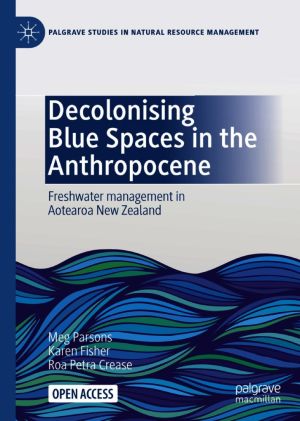
This open book crosses disciplinary boundaries to connect theories of environmental justice with Indigenous people's experiences of freshwater management and governance. It traces the history of one freshwater crisis - the degradation of Aotearoa New Zealand's Waipā River - to the settler-colonial acts of ecological dispossession resulti...
